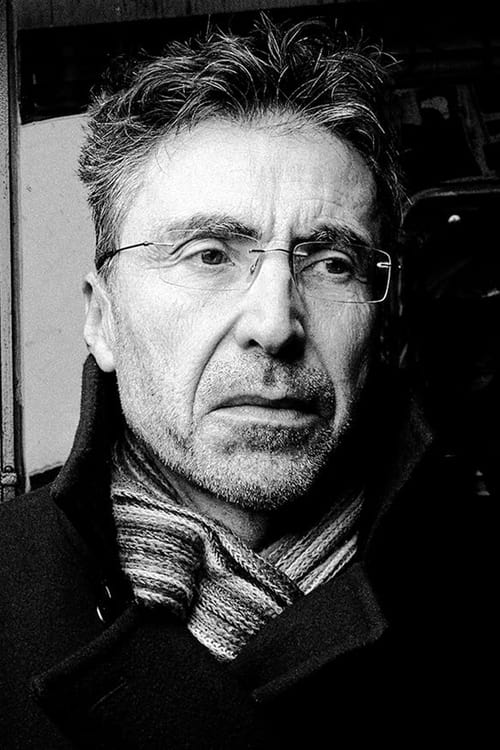
Pierre Carles was born in 1962 in Gironde. He spent part of his childhood and adolescence in Chile and Colombia with his mother, a teacher in French schools. He returned to France in the late 1970s and studied socio-cultural animation, then journalism. He worked in television from 1988, first as a news cameraman for France 3 Régions, then as a columnist or author of humorous subjects in variety s...
Explore all movies appearances
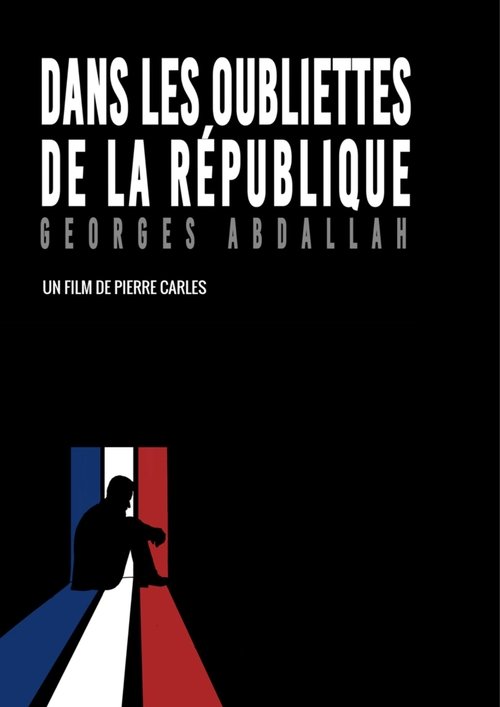
No plot available for this movie.
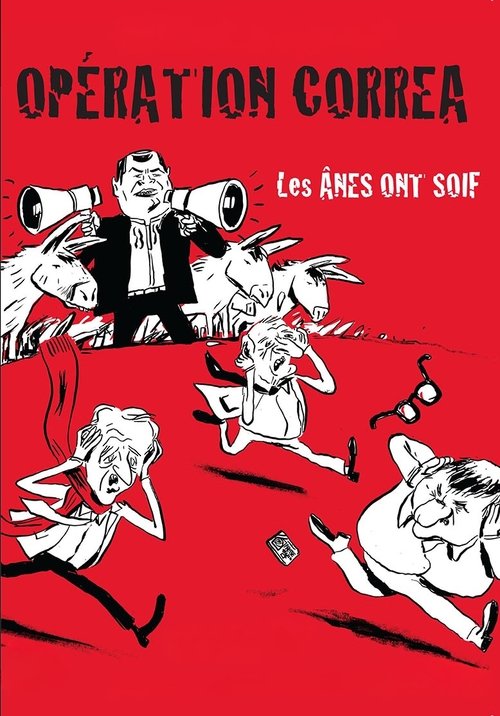
The french mainstream media ignored the last visit in Paris of the leftist Ecuadorian President Rafael Correa. It's however this small country of Latin America, Equator, that serves as a model for Greek activists who are taking part in Syriza party or for non-orthodox economists from the spanish movement Podemos in order to solve the issue concerning the public debt. The Correa government declared a part of this debt « illegitimate » to implement public investment, and social inequalities reduction policies.
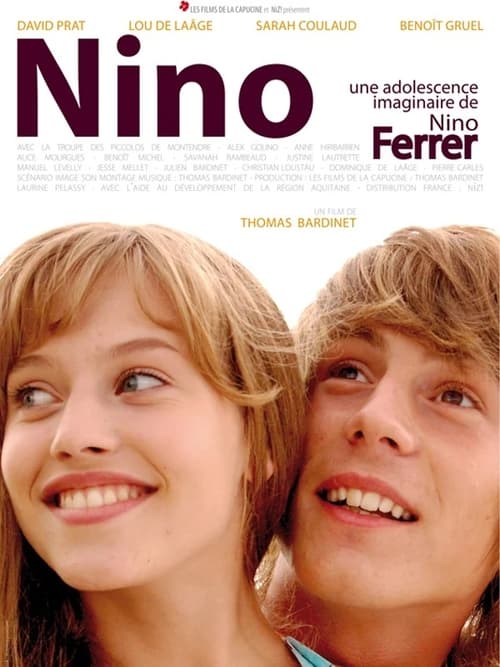
Nino is 16, the vacation is starting and his heart is torn between Natacha, a beautiful girl who is an actress both in the theater and in life, and the delightful Nathalie, whom he's known all his life. She refuses to let the "man of her life" drift away from her as inexorably as his childhood did...
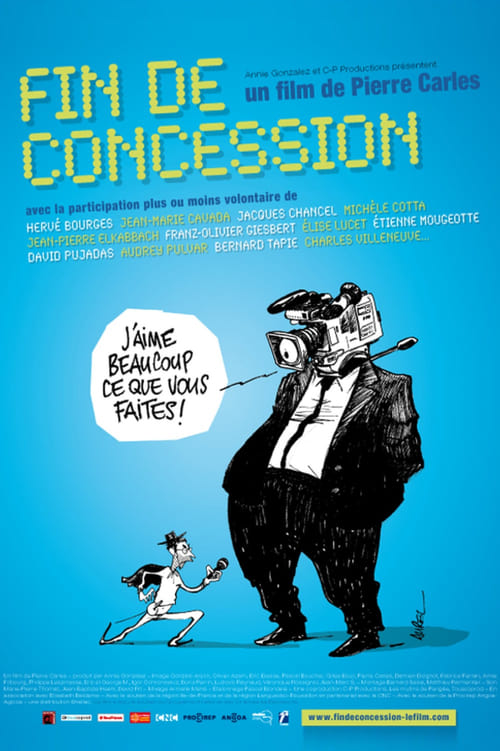
Pierre Carles questions the privatization of the leading French televisions channel : is it not scandalous that the TFI-Bouygues concession has been automatically renewed since 1987 ? Taking up the anti-television fight he initiated with "Pas vu Pas pris", his first film, he confronts the people responsible for the news who have always avoided tackling this taboo subject. But the investigation does not go as planned : the old dinosaurs and young guardians now how to handle this media critic. To find his "fighting spirit" again, Carles calls to arms his friends and changes methods : Henceforth, no more concessions !
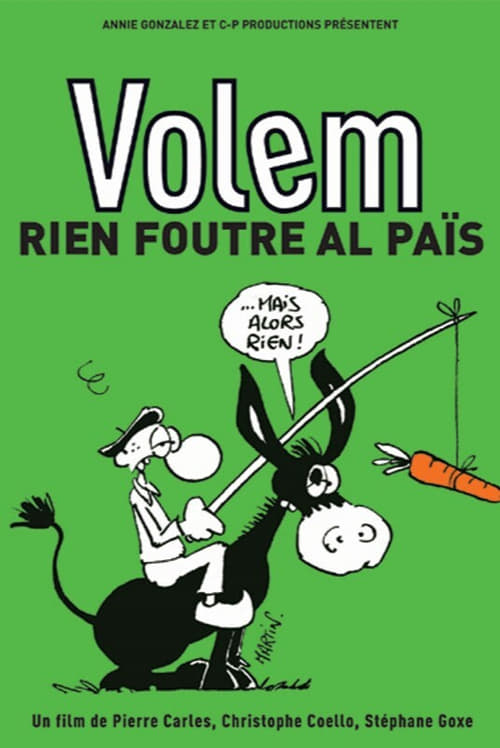
In this economic war, promised to us many years ago and which advances like bulldozer, does there still exist a surge of imagination offering resistance ? Ordered to choose between the breadcrumbs of precarious employment and the meager charity still offered by the system, some abandon the society of consumption to claim back their lives. “Neither exploitation nor handouts!” many of them exclaim. They’ve chosen another path, that of autonomy, of consciously choosing to undertake certain activities, and of uniting together with other like-minded people.
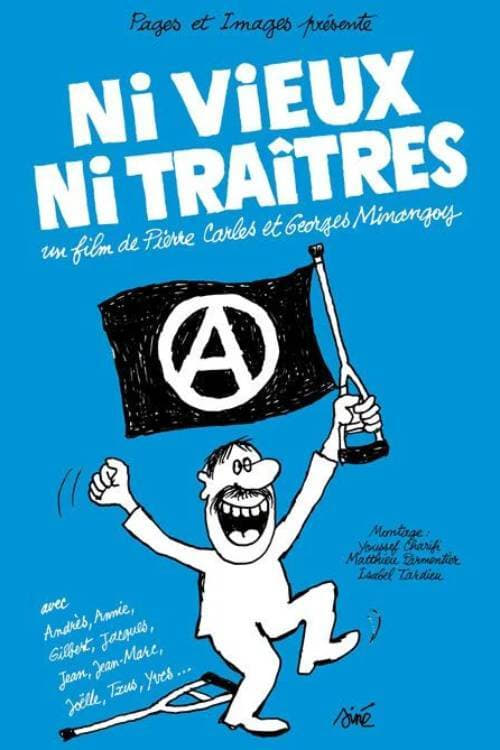
Pierre Carles and Georges Minangoy go to meet former French and Catalan partisans engaged in the anti-Franco anarchist struggle of the 1970s.
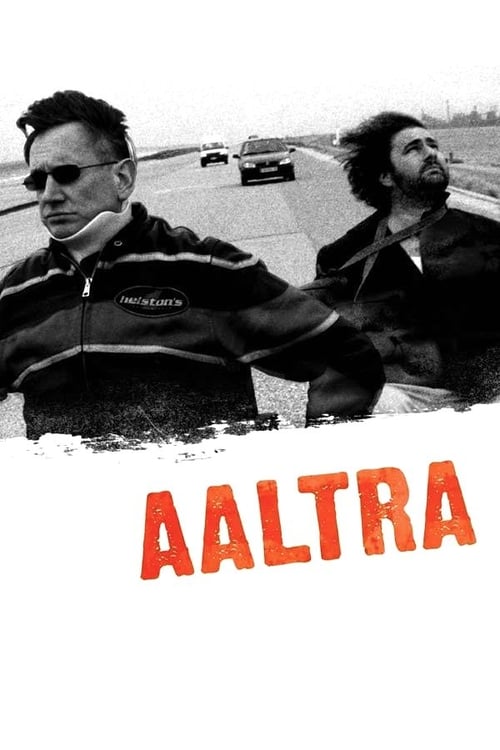
In this pitch black comedy the rivalry between two neighbors escalates into an all out war. Through a maintenance error on a tractor they both end up, paralyzed, in a wheelchair. It seems they are doomed to stay together. They no longer focus their rage on each other but on the manufacturer of the tractor, in Helsinki. So get ready for a hilarious wheelchair road movie.
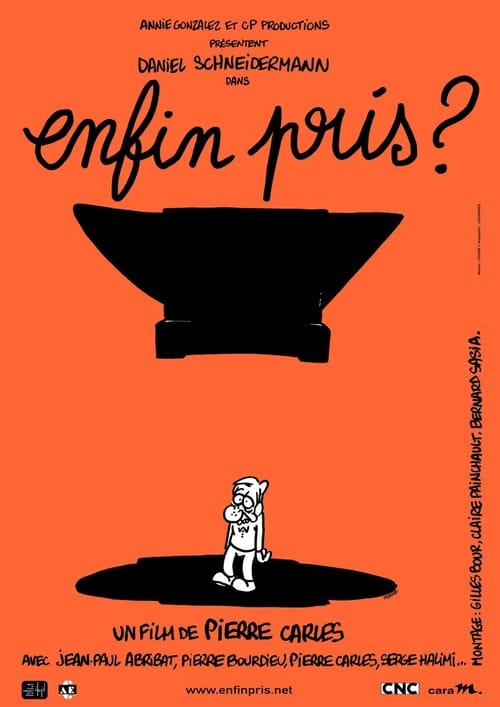
Pierre Carles, the dispenser of justice seen in “Pas vu, pas pris,” is back in the saddle. After attacking French television star reporters, his new target is television critics as represented by Daniel Schneidermann, host of the "Arrêt sur images" show. “Enfin pris ?” analyzes censure at work in television. It is also a thought-provoking look at how power changes people and the intimate forces between ambition and loyalty. A cruel, biting comedy from which no one really comes out unscathed.

"I often say sociology is a martial art, a means of self-defence. Basically, you use it to defend yourself, without having the right to use it for unfair attacks." (Pierre Bourdieu) The world has witnesses who speak out loud what others keep to themselves. They are neither gurus, nor masters, but those who consider that the city and the world can be thought out. The sociologist, Pierre Bourdieu is one such witness." Over a three- year period, Pierre Carles' camera followed him through different situations: a short conversation with Günter Grass, a lively conference with the inhabitants of a working-class suburb, his relations with his students and colleagues and his plea that sociology be part of the life of the city. His thinking has a sort of familiarity, which means it is always within our reach. It is the thinking of a French intellectual who has chosen to think his times.
Subscribe for exclusive insights on movies, TV shows, and games! Get top picks, fascinating facts, in-depth analysis, and more delivered straight to your inbox.